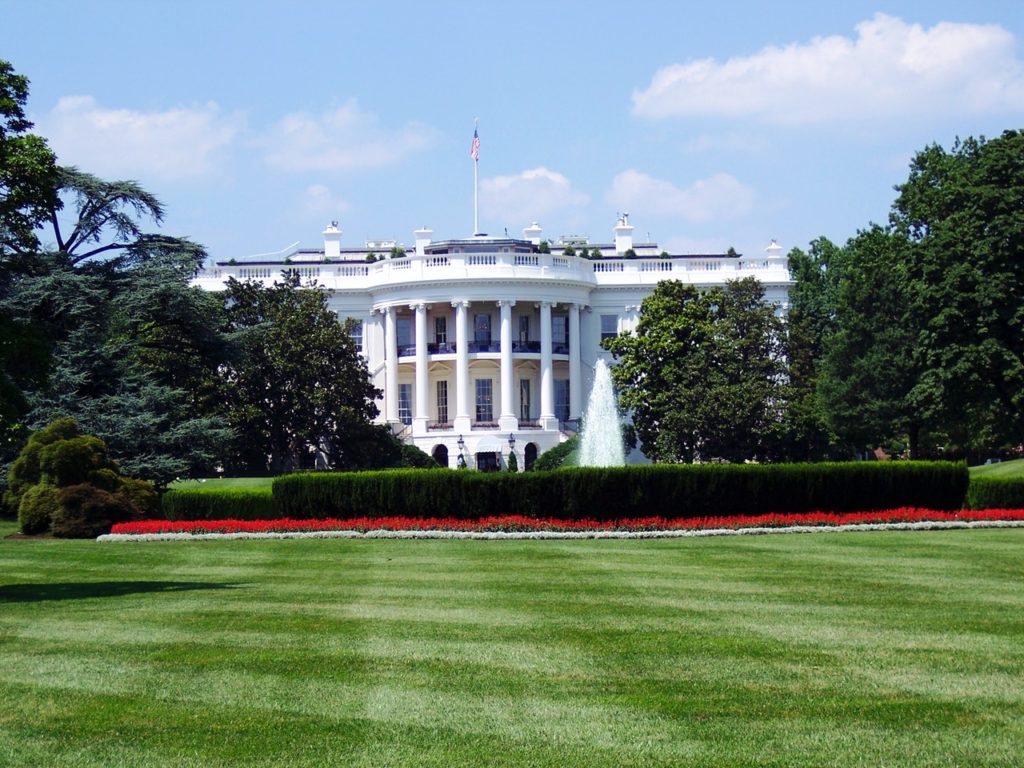The U.S. Department of Health and Human Services (HHS) has released a National Strategy to Support Family Caregivers to assist those who care for seriously ill loved ones.
The strategy contains close to 350 actions that the federal government plans to take to support caregivers in the company year, as well as 150 recommendations that could be adopted at the state or local levels or in the private sector. The HHS sub-agency Administration for Community Living (ACL) spearheaded the strategy’s development.
“Supporting family caregivers is an urgent public health issue, exacerbated by the long-term effects of the COVID-19 pandemic,” HHS Secretary Xavier Becerra said in a statement. “This national strategy recognizes the critical role family caregivers play in a loved one’s life. I know the importance of this first-hand, as someone who cared for my late father and navigated the challenges associated with caregiving.”
The actions called for in the strategy document are oriented around five principal objectives:
- Increase awareness of and outreach to family caregivers
- Advance partnerships and engagement with family caregivers
- Strengthen services and supports for family caregivers
- Ensure financial and workplace security for family caregivers
- Expand data, research, and evidence-based practices to support family caregivers
Annually, nearly 53 million people assist family members or other loved ones in maintaining health, quality of life, and independence due to aging, disability, or a chronic health condition, according to ACL.
Replacing the work of family caregivers with paid services would cost an estimated $470 billion each year, the agency indicated.
“At some point in our lives, most of us will either be a family caregiver or need one. Many of us will experience both,” Acting ACL Administrator and Assistant Secretary for Aging Alison Barkoff in an announcement. “This strategy presents a vision, along with recommendations for achieving it. Bringing that vision to life will require contributions and commitments from every sector, every level of government – and all of us – and ACL is proud to help lead that work.”
The stress and financial burden of caregiving can be a barrier to hospice utilization.
Terminally ill patients who lack care from family or friends are often less likely to choose hospice, a 2020 study found. Even when a caregiver is present, that person may be elderly or ill themselves, or unable to be in the home around the clock due to work or other obligations.
Nearly 20% of unpaid caregivers are elderly, frail, or chronically ill themselves, according to the U.S. Centers for Disease Control & Prevention.
The expense alone can be a struggle. Roughly three-quarters of them spend upwards of $7,200 annually for costs related to caring for loved ones, AARP reported. For many caregivers, this amounts to 26% of their income, according to AARP.
These costs can include patient medical and non-medical needs or lost income due to missed work days. Around 30% of caregivers cover rent or mortgage payments for their loved ones, while 17% pay for medical costs, AARP reported.
All told, lost income to families due to caregiving totals an estimated $522 billion each year, according to ACL.
The HHS strategy was developed through a collaboration among advisory councils established by prior legislation, the Recognize, Assist, Include, Support, and Engage (RAISE) Family Caregivers Act and the Supporting Grandparents Raising Grandchildren (SGRG) Act, with input from family caregivers, patients, and other stakeholders, according to ACL. Those stakeholders included 15 federal agencies and more than 150 private organizations.
HHS plans to update the strategy every two years.
“Many of the more than 150 million people who receive health care coverage through Medicare, Medicaid, and the Health Insurance Marketplaces rely on trusted friends and family for care,” said Centers for Medicare & Medicaid Services (CMS) Administrator Chiquita Brooks-LaSure in a press release. “CMS is committed to advancing home and community-based services and other forms of caregiver support across the lifespan to give caregivers the recognition and resources they need and deserve.”



